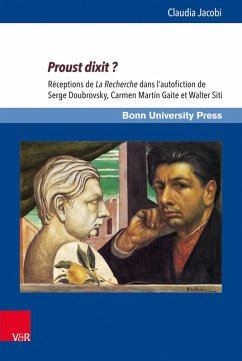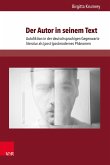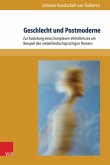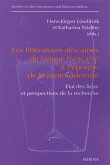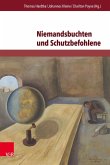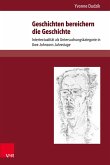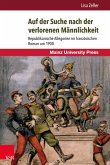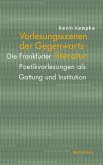Die Zugehörigkeit der Proust'schen Recherche zur Autofiktion ist zweifelhaft - nicht aber ihre Verherrlichung als Gründungstext autofiktiven Schreibens. Zahlreiche Autoren erheben Marcel Proust zum Wegbereiter, zum literarischen Vorbild und sogar zum Schutzpatron dieses kontrovers diskutierten Genres. Die vorliegende Studie untersucht die Proust-Rezeption am Beispiel von drei eminenten Vertretern der Autofiktion in Frankreich, Spanien und Italien. Dabei reichen die Proust-Reminiszenzen von einer ambivalenten Aneignung der Erinnerungs- und Todesmetaphorik in Doubrovskys postmoderner Autofiktion über die fantastische Neuschreibung Combrays und des Temps retrouvé bei Carmen Martín Gaite bis hin zur ironischen Überarbeitung der Albertine-Figur und der Proust'schen Epiphanie in Walter Sitis hyperrealistischer Autofiktion.
Auszeichnungen:
»Prix de la République française«
»Prix présence de la langue française« der »Académie des Sciences, Arts et Belles-Lettres Toulouse«
Auszeichnungen:
»Prix de la République française«
»Prix présence de la langue française« der »Académie des Sciences, Arts et Belles-Lettres Toulouse«
Dieser Download kann aus rechtlichen Gründen nur mit Rechnungsadresse in A, B, BG, CY, CZ, D, DK, EW, E, FIN, F, GR, H, IRL, I, LT, L, LR, M, NL, PL, P, R, S, SLO, SK ausgeliefert werden.

